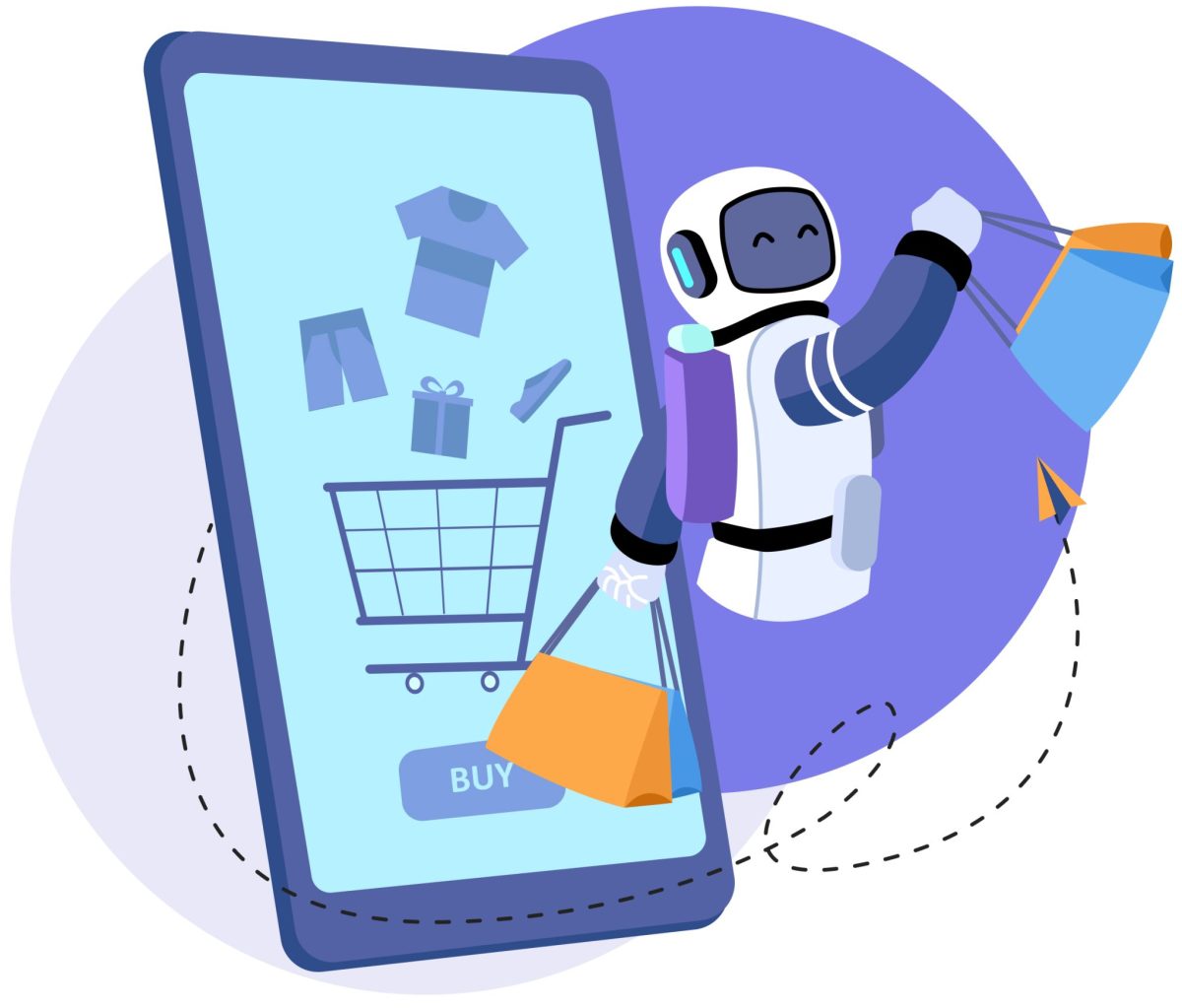As we enter 2026, the consumer goods industry continues to evolve at a remarkable speed. Customer expectations are changing rapidly, supply chains are becoming more complex, and market competition continues to intensify. In this environment, businesses need faster insights, smarter forecasting, and more personalised customer engagement. This is where AI in Consumer Goods becomes increasingly valuable, not as a futuristic concept, but as a practical, transformative solution that strengthens decision-making and operational efficiency.
From consumer behavior analysis to demand planning, AI provides companies with the tools to anticipate trends, reduce inefficiencies, and create meaningful customer relationships. But understanding how AI works in this sector, and how to use it effectively, is key to achieving long-term advantage.
What is AI in Consumer Goods?
AI in Consumer Goods refers to the use of artificial intelligence applications to enhance processes across the consumer products’ lifecycle, production, supply chain, marketing, sales, and customer engagement. It allows companies to analyse large volumes of data in real time, uncover hidden patterns, forecast demand, optimise pricing, and deliver personalised customer experiences.
This is especially relevant as consumer preferences shift quickly due to cultural, digital, and economic influences. AI helps businesses stay aligned with what customers want and respond proactively rather than reactively.
Tips, Tricks, and Benefits of AI in Consumer Goods
1. Use AI for Smarter Demand Forecasting
AI can analyse historical sales data, seasonality, and real-time market signals to predict what consumers will want, before they ask for it. This reduces overstocking, minimises waste, and helps ensure product availability.
2. Leverage Consumer Behavior Insights for Personalisation
By studying browsing patterns, purchase history, and engagement signals, AI can segment audiences and recommend tailored product experiences. This leads to stronger brand connection and higher conversion rates.
3. Optimise Retail Pricing in Real Time
AI-driven dynamic pricing adjusts product prices based on competitor moves, demand fluctuations, and regional behaviors. This enables brands to stay competitive while still protecting margin.
4. Streamline Product Development
AI can analyse feedback trends, market reviews, and competitor offerings, helping product teams create items that actually match consumer expectations rather than relying on assumptions.
5. Enhance Supply Chain Visibility
Through predictive algorithms, AI helps companies anticipate disruptions, reroute shipments, and maintain stable inventory levels, especially useful in multi-region operations.
6. Improve Marketing Campaign Efficiency
AI supports targeted ad placements, sentiment analysis, and message personalisation, ensuring marketing budgets drive higher ROI.
Risks and Challenges Without AI Adoption in Consumer Goods
Businesses that delay adopting AI may experience several operational and competitive disadvantages:
1. Reduced Ability to Predict Consumer Behavior: Without AI, forecasting relies heavily on manual analysis, causing slower reaction time to market shifts.
2. Inefficient Supply and Inventory Decisions: Manual planning often leads to stockouts or excess inventory.
3. Limited Personalisation: Consumer expectations for relevance are rising; brands without AI may struggle to meet this need.
4. Higher Operational Costs: Manual processing and legacy systems require more time, more staff, and more effort.
5. Slower Innovation Cycles: Competitors who leverage AI identify trends and launch products faster.
In a fast-moving market, speed, accuracy, and adaptability matter, and companies that operate without AI risk falling behind.
How Stratpilot Supports Innovation in the Consumer Goods Industry
Stratpilot empowers consumer goods companies by providing AI-driven insights and structured decision support. Instead of requiring extensive data science expertise or complex systems integration, Stratpilot offers pre-designed intelligence tools focused on strategic business outcomes.
It helps teams:
1. Understand consumer patterns with clarity
2. Make informed decisions faster
3. Reduce time spent on manual data evaluation
4. Align strategies with real market intelligence
5. Strengthen both operational and strategic planning
By offering actionable insights and intelligent guidance, Stratpilot ensures consumer goods businesses operate with confidence, agility, and a forward-thinking strategy.
Request a demo for Stratpilot today to explore how AI-driven insights can elevate decision-making, improve customer alignment, and strengthen performance across the consumer goods value chain.
Frequently Asked Questions (FAQs)
Q1: Can smaller consumer goods businesses benefit from AI?
Yes. AI applications can be scaled to match business size, meaning even small teams can use AI for forecasting, insights, and improved customer engagement.
Q2: How fast can businesses implement AI in Consumer Goods operations?
Implementation time varies based on internal readiness, but solutions like Stratpilot are designed for fast adoption with minimal setup.
Q3: Do consumer goods companies need large data teams to use AI effectively?
Not necessarily. Modern AI solutions handle analysis internally, enabling teams to use insights without deep technical expertise.
Q4: What is the biggest advantage of using AI in Consumer Goods?
The biggest advantage is the ability to make faster, more accurate business decisions using real-time data and predictive intelligence.





